
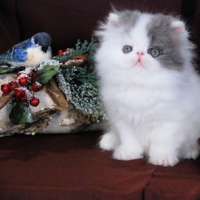
Hypertrophic Cardiomyopathy (HCM) is the most common form of heart disease in cats that is characterized by the thickening of the heart muscle. It can result in congestive heart failure, thromboembolism (the blocking of a blood vessel by a particle that has broken away from a blood clot at its site of formation), and occasionally sudden cardiac death.
Symptoms of HCM
Some of the symptoms of HCM include: loss of energy (lethargy), deep chest breathing without exertion, and/or hind leg paralysis (due to a blood clot). At younger ages some cats may have a heart murmur, but not always.
Treatment for HCM
HCM can be treatable with medications and can add months or even years to the life of a cat with HCM. Your veterinarian is the best person to discuss treatment options and medications.
Is HCM Genetic?
While hypertrophy can occur secondary to certain other diseases in cats, most cases of HCM have no underlying cause and are considered to be a primary disease of the heart itself. HCM is prevalent in the Maine Coon and Ragdoll breeds, however, there is evidence that the Persian cat breed is also at risk with estimates as high as 40%.
In genetics, offspring get one gene from the mother and one from the father. It only takes one parent with the HCM gene to pass it on to their offspring and 50% of the offspring will inherit the HCM gene (very similar to how the PKD gene is passed on to offspring). HCM does not always develop just because the HCM gene is present in a cat, but the HCM gene can be passed down to their offspring.
HCM is believed to be a recessive (homozygous) genetic disease, but that there may be an environmental component in developing the disease. In Maine Coons and Ragdolls, the homozygous recessive appears to increase the risk of development of the HCM disease, but not all cats with the homozygous recessive develop HCM and some cats in these breeds that do develop HCM, do not have the defective gene.
Ultrasound and Genetic Testing for HCM
The University of California, Davis has a DNA (genetic) test for HCM for the Maine Coon and Ragdoll breeds, but as of this article (December 2013), there is no DNA test for HCM for the Persian cat breed. At this time, the only way to test for HCM in Persian cats is by an ultrasound of the heart to see if there has been any evidence of cardiac enlargement. More often than not, the Atrioventricular Septum (AV Septum - a septum of the heart between the right atrium (RA) and the left ventricle (LV) will enlarge before the heart muscle does. A single normal ultrasound result does not guarantee that the cat will remain disease free. Additionally, some affected cats may not develop detectable changes to their heart on ultrasounds until later in life and some changes may be mild and/or subtle. Therefore, it is recommended that cats have an ultrasound every two years.
Winn Feline Foundation and HCM Research
Since there is a DNA test for HCM in Maine Coons and Ragdoll, it seems a pity that one of the most popular breeds (Persians) does not also have a test available. It is necessary for the Persian breed fancy (breeders and owners) to come together to help fund and also submit samples for the research necessary to develop a DNA test specific to the Persian cat breed.
The solution to this problem is simple, donate to the Winn Feline Foundation to fund the necessary research. To make a tax deductible donation, visit the Winn Feline Foundation website.
IMPORTANT: Follow these instructions to MAKE sure your donation goes to the Persian cat HCM fund:
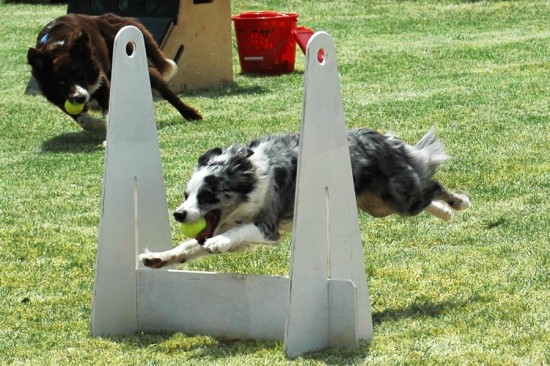 Canine Flyball For Beginners
Canine Flyball Fo
Canine Flyball For Beginners
Canine Flyball Fo
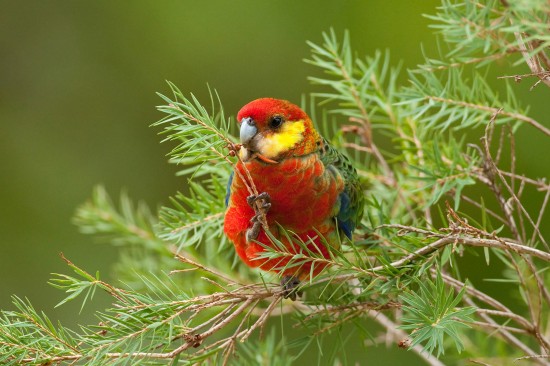 The Rosella Family Of Australian Parrots
The Rosella Famil
The Rosella Family Of Australian Parrots
The Rosella Famil
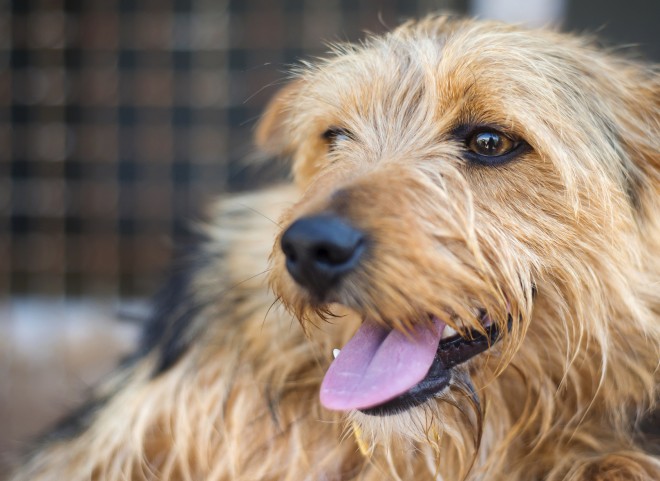 Five Common Myths And Misconceptions About Cat And Dog Rehoming Centres
Five Common Myths
Five Common Myths And Misconceptions About Cat And Dog Rehoming Centres
Five Common Myths
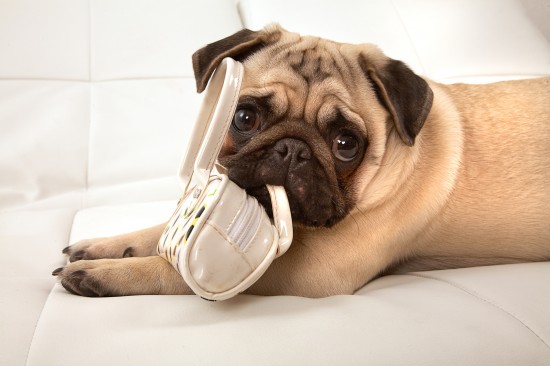 Leave It! Five Simple Steps To Training Your Dog Away From Your Possessions
Leave It! Five Si
Leave It! Five Simple Steps To Training Your Dog Away From Your Possessions
Leave It! Five Si
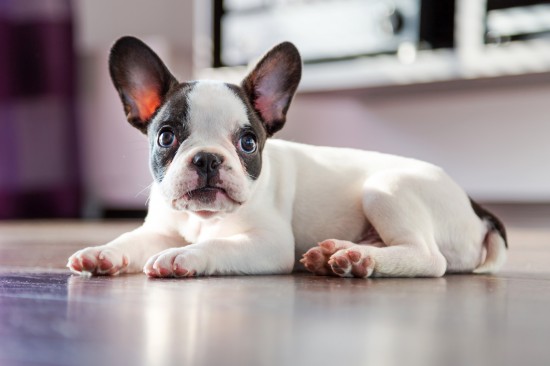 How Our Modern Lifestyles Impact Upon The Natural Behaviours Of Dogs
How Our Modern Li
How Our Modern Lifestyles Impact Upon The Natural Behaviours Of Dogs
How Our Modern Li
Copyright © 2005-2016 Pet Information All Rights Reserved
Contact us: www162date@outlook.com